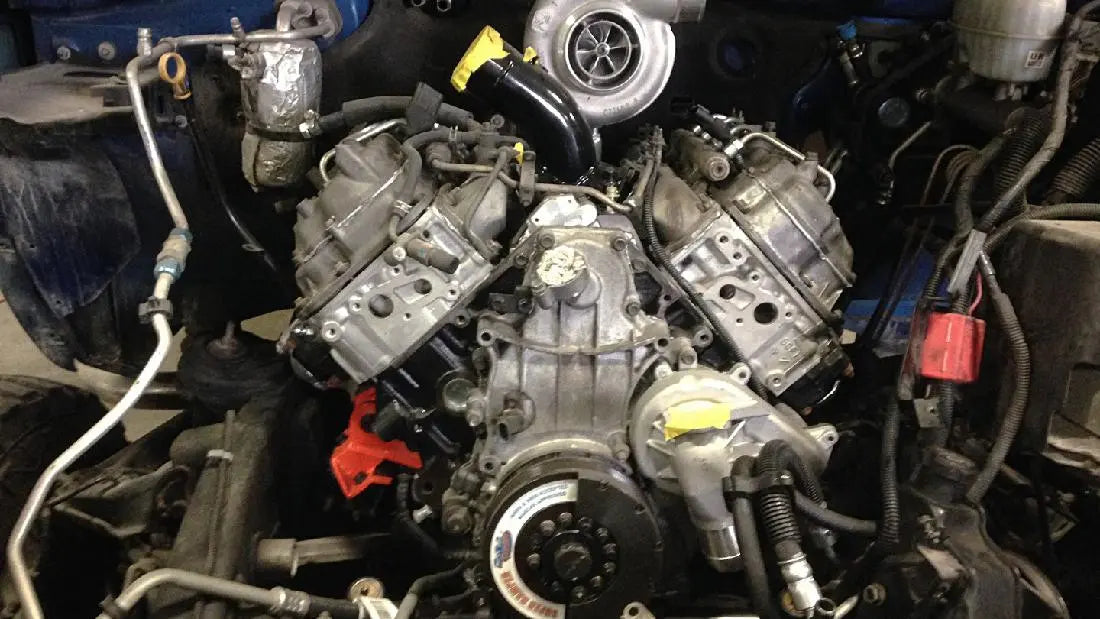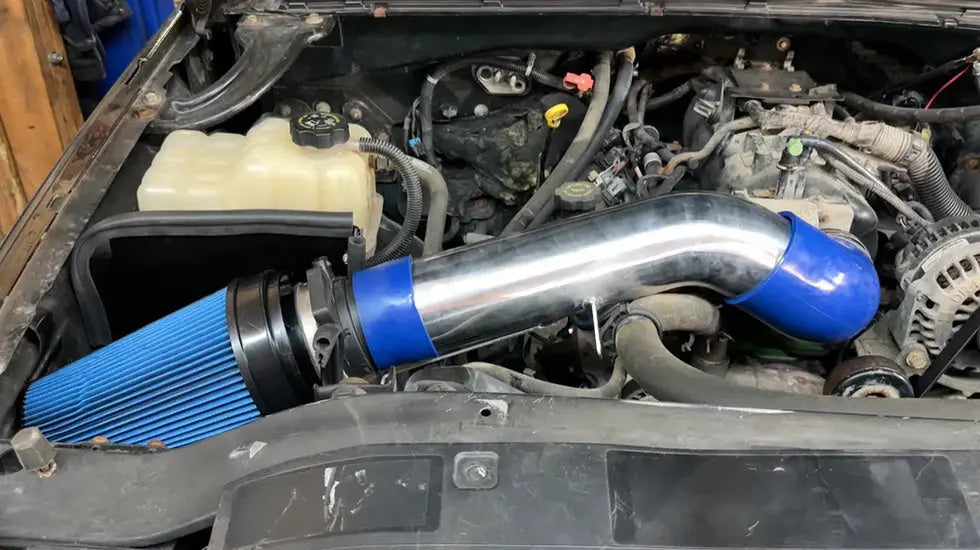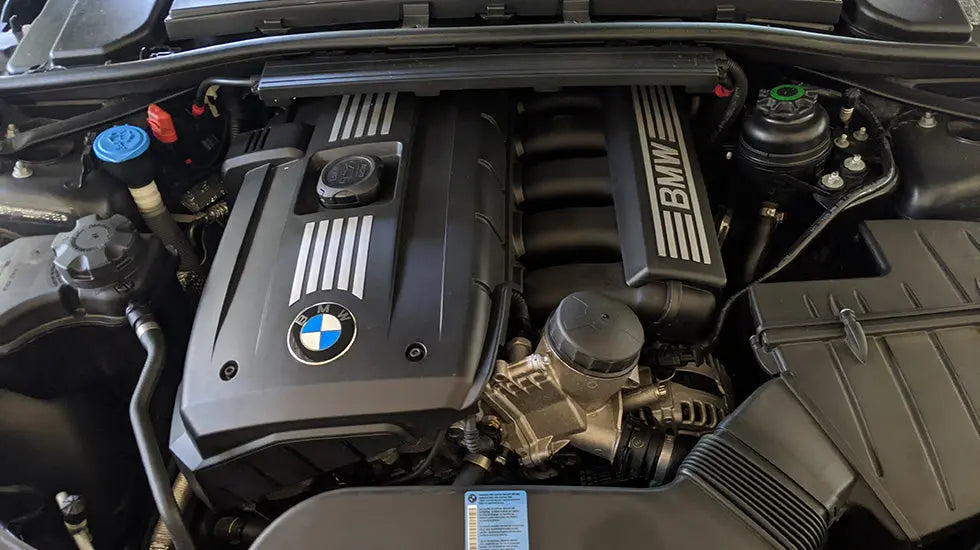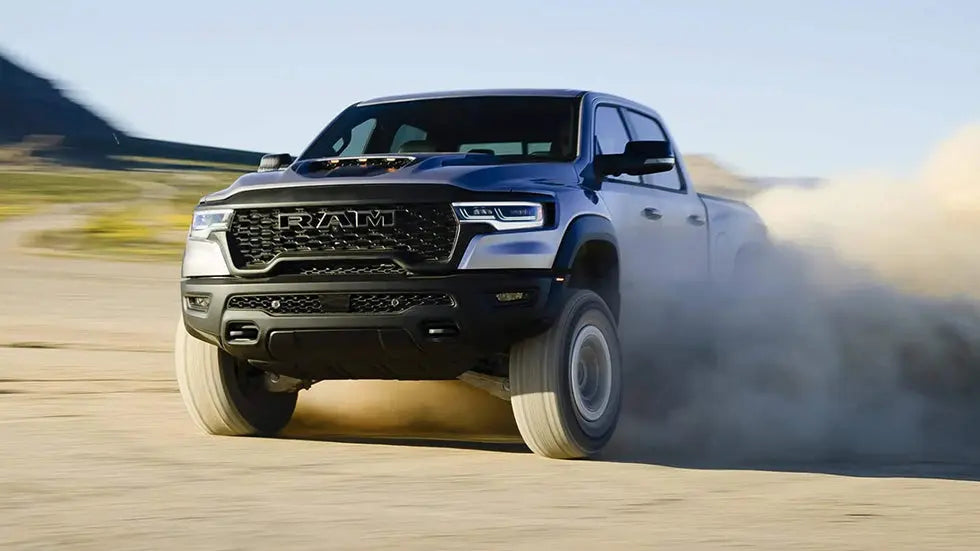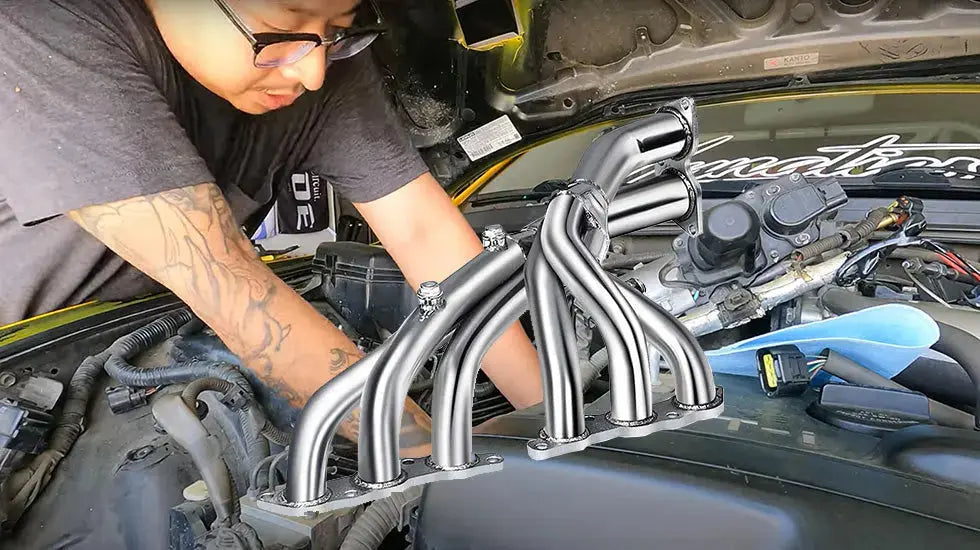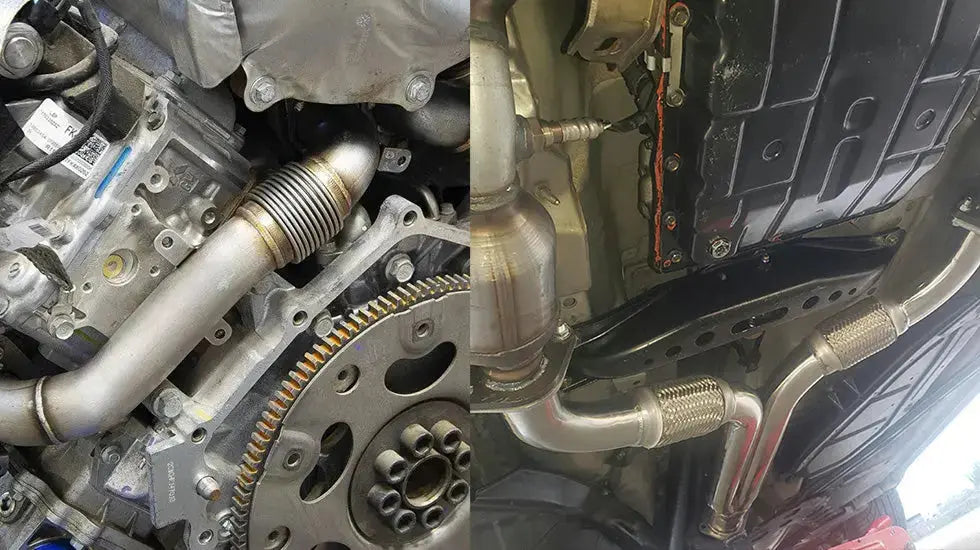Getting a grip on diesel terminology isn't just for show—it's your key to maximizing what your truck can do. When you're familiar with the roles of various components and how they work together, you set the stage for meaningful modifications that can enhance performance, fuel efficiency, and durability. When it comes to diesel trucks, a bit of know-how can make all the difference in elevating a decent ride to an exceptional one.
Fundamentals of Diesel Engine Components
The combustion chamber is central to a diesel engine. It's where the air is compressed and fuel is injected, a method known as compression ignition. This sets diesel engines apart from gasoline ones, which rely on spark plugs for ignition.
The fuel injector is crucial. It controls the timing and amount of fuel that goes into the combustion chamber. A poorly timed injection can lead to inefficiency or even damage.
The crankshaft is another key component. It converts the motion of the pistons into rotational force, allowing your wheels to turn. In diesel engines, crankshafts are built to handle higher stress due to increased compression ratios.
These core elements are essential to how diesel engines function. Understanding them is vital for anyone interested in diesel modifications and performance.
The Intricacies of Turbochargers and Superchargers
Turbochargers and superchargers both serve a similar purpose: they force more air into your engine's combustion chamber. More air means more fuel can be burned, which ultimately leads to increased power and performance. However, the way they go about this task is where they differ.
A turbocharger uses exhaust gases to spin a turbine. This turbine then drives a compressor that pushes more air into the combustion chamber. The beauty of a turbocharger is that it's more efficient since it uses waste energy from the exhaust.
In contrast, a supercharger is belt-driven, connected directly to the engine's crankshaft. Because of this direct connection, superchargers provide immediate power boosts but at the cost of some efficiency. They can be a bit of a fuel guzzler compared to turbochargers.
Deciding between the two really comes down to what you prioritize. If you're looking for efficiency and don't mind a slight delay in power delivery, a turbocharger might be the way to go. But if immediate power is what you're after, and you're not too concerned about fuel economy, a supercharger could be your best bet.

Unpacking the EGR Systems in Diesel Engines
Exhaust Gas Recirculation, or EGR, has been a key feature in diesel engines for quite some time. Its main job is to cut down on nitrogen oxide emissions, which are bad news for air quality. The system accomplishes this by taking some of the exhaust gases and cycling them back into the engine's intake.
You might wonder why you'd want exhaust going back into the engine. Well, these recycled gases lower combustion temperatures, which in turn cuts down on nitrogen oxide production. It's a smart way to make diesel engines a bit greener.
But EGR systems aren't without their critics. One issue is that they can lead to carbon deposits in the intake manifold. Over time, this can mess with airflow and put a dent in your engine's performance.
Another downside is the added heat. EGR systems can raise the engine's operating temperature, which could lead to faster wear and tear on engine parts. So, you're essentially trading off some environmental benefits for potential long-term engine issues.
For those focused on performance, there's the option of an LLY EGR delete kit. This kit allows you to remove the EGR system, which could lead to better engine performance and longevity.

A Closer Look at Diesel Particulate Filters (DPF)
Diesel Particulate Filters, commonly known as DPF, are all about reducing emissions. They capture soot particles from the exhaust, making diesel engines more environmentally friendly. Think of it as a net that catches the bad stuff before it can escape into the air.
The DPF Kit is usually located in the exhaust system, pretty close to the engine. It's made from a ceramic material that can withstand high temperatures, which is essential given its location. Over time, this filter can get clogged with soot, which is why it needs regular cleaning.
Cleaning your DPF isn't as complicated as it sounds. Most modern diesel engines come with a feature called "regeneration." During this process, the engine increases the exhaust temperature to burn off the accumulated soot. You'll often see a dashboard light indicating when this is happening.
However, not all soot gets burned off during regeneration. Some stubborn particles might remain. That's when you might consider a manual cleaning. This usually involves removing the DPF Kit and using specialized cleaning fluids to dissolve the remaining soot.
The Importance of Fuel Injectors in Diesel Performance
Fuel injectors are vital for your diesel engine's performance. They manage the timing and amount of fuel that enters the combustion chamber. Get this wrong, and you could be looking at a less efficient engine or even some serious damage.
High pressure is the name of the game for diesel fuel injectors. This ensures the fuel atomizes into a fine mist, allowing for a more complete combustion. The result? More power and better fuel efficiency.
Maintenance is crucial. Over time, grime can accumulate on the injectors, messing with the fuel flow and spray pattern. Regular cleaning can help avoid these issues and keep your engine humming.
There are different cleaning methods and solutions out there. Some can be added directly to the fuel tank, while others might require removing the injector for a deep clean. Always stick to the manufacturer's recommendations for optimal results.
Neglecting your fuel injectors is a recipe for problems. You could face issues ranging from poor fuel economy to engine misfires. In the worst-case scenario, a malfunctioning injector could even lead to significant engine damage.
It's a good idea to inspect your injectors regularly. If they've been in use for a while, consider replacing them. New injectors can be more efficient and might just give your engine that extra oomph.

The Dynamics of Horsepower and Torque in Diesel Trucks
Horsepower and torque are the dynamic duo that dictate your diesel truck's performance. Horsepower is all about speed and how fast your truck can go. The power propels you down the highway and helps you overtake slower vehicles.
Torque is about raw pulling power. It helps you tow heavy loads and easily climb steep hills. In a diesel engine, torque is often available at lower RPMs, making it ideal for heavy-duty tasks.
Both horsepower and torque are crucial for different aspects of driving. If you're into racing or just love the thrill of speed, you'll want a truck with high horsepower. But if towing or off-roading is more your style, then torque should be your focus.
These two aren't mutually exclusive. A well-balanced diesel engine will offer a good mix of both. This ensures that you're well-equipped for various driving conditions, from highway cruising to heavy hauling.
If you're looking to tweak your truck's performance, you might consider options to remove DEF (Diesel Exhaust Fluid). This can sometimes free up some extra horsepower and torque.
Conclusion
There's a unique joy that comes with owning and driving a diesel truck. With its robust performance and versatility, it's more than just a vehicle; it's a lifestyle. Proper care and maintenance are the keys to enjoying this experience for many years to come.

